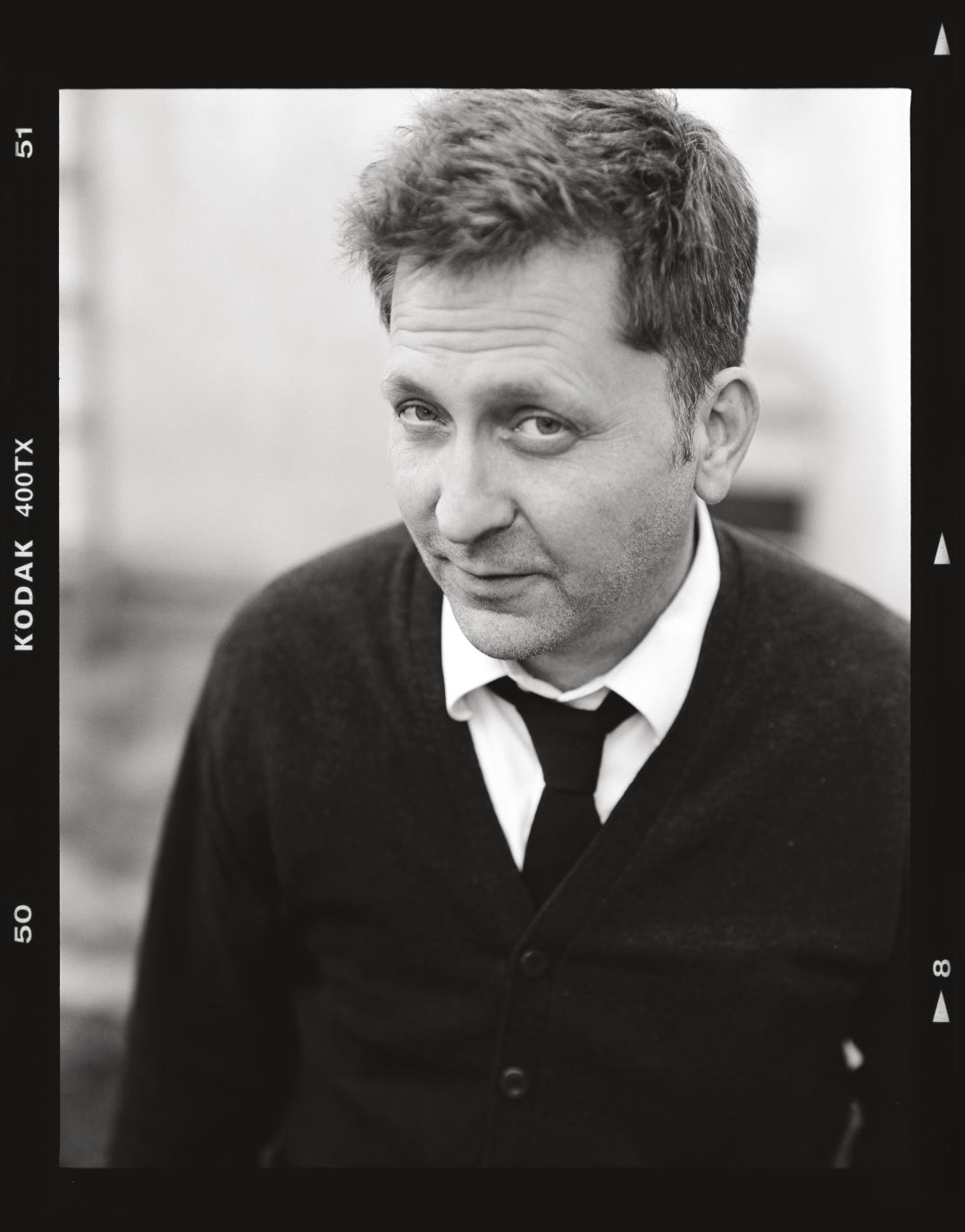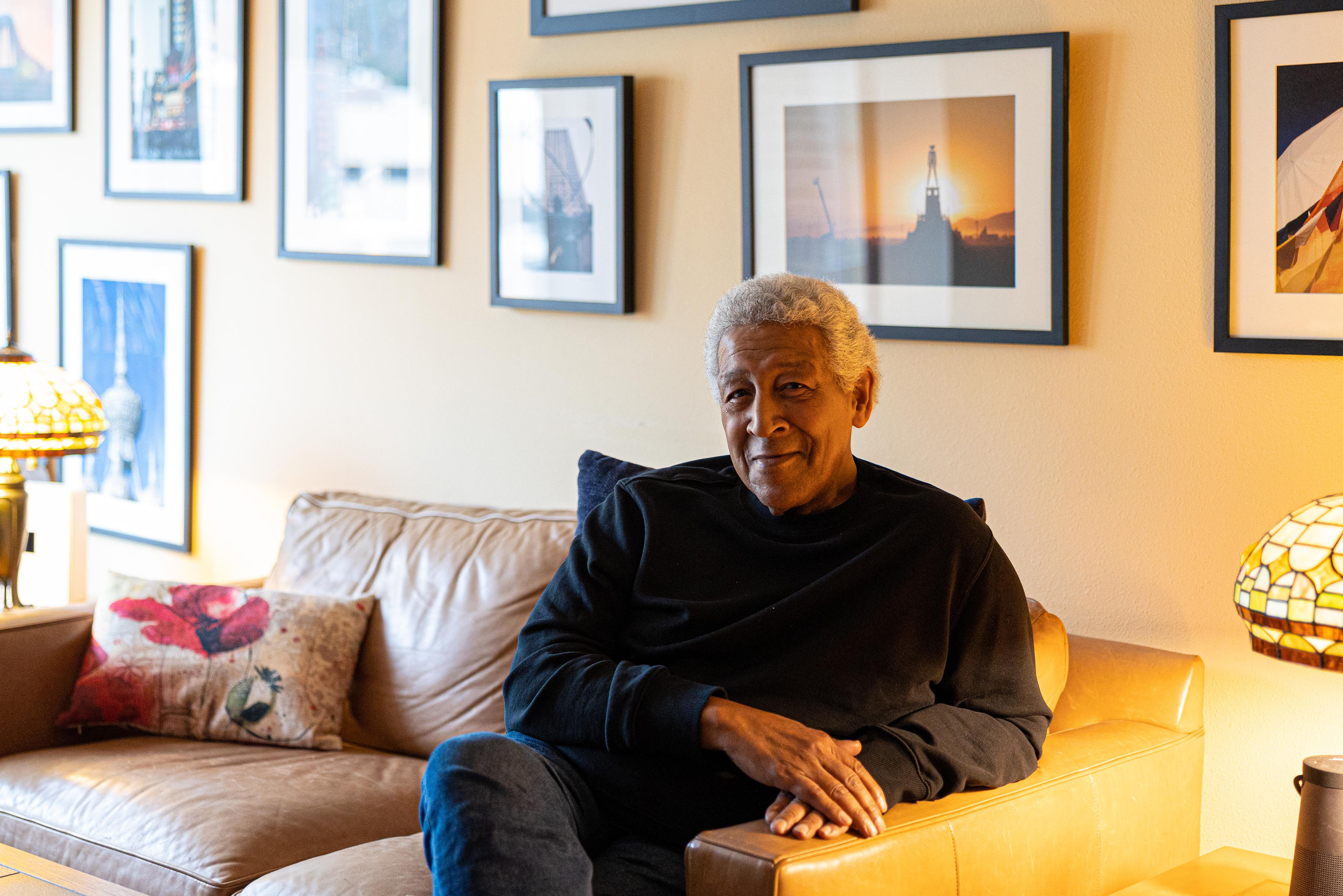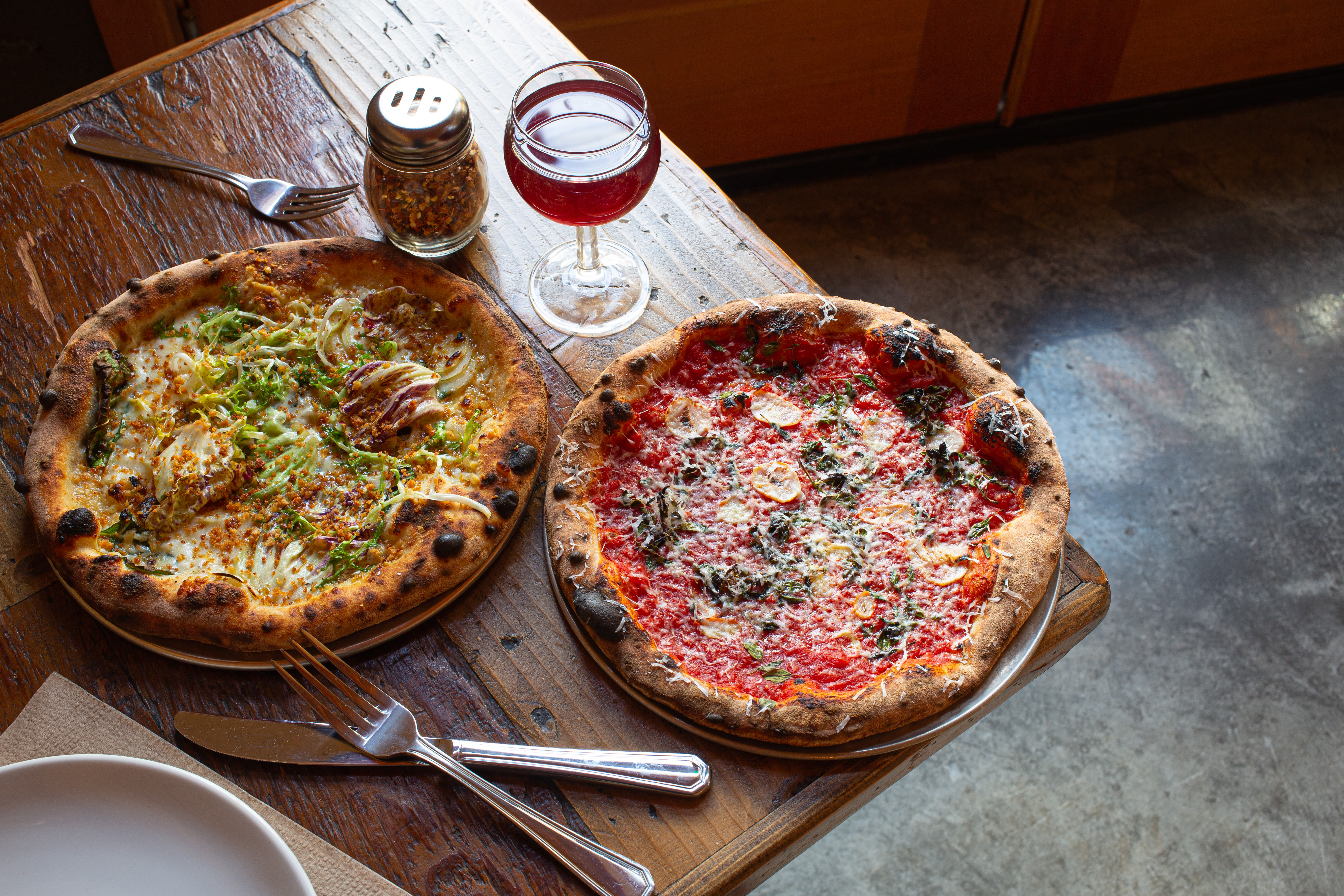Blue Moon Camera & Machine Celebrates 20 Years of Bringing Film to Portland

"We’re not telling anybody out there to not shoot digital," says Blue Moon Camera and Machine owner Jake Shivery. "We’re just trying to make sure that we’re providing an opportunity to keep [film] accessible and to keep this stuff running and to keep it available to people who are interested in such things."
Image: Peter Carlson
Anybody who starts a small business can tell you it is a slow drag for the first few years. For Blue Moon Camera and Machine, the St. Johns bastion for vintage film cameras and classic typewriters, it’s taken 20 years to get a solid footing, says owner Jake Shivery. Founding the shop in 2001, just after 9/11 and in the middle of an economic downturn, “was a matter of a bunch of different stars aligning at the same time,” including a sympathetic landlord and a supportive consigner who provided a lot of the shop’s early inventory. Shivery credits the local photography community with keeping Blue Moon bustling, even through a worldwide pandemic. And all the while, Shivery—a large-format photographer in his own right—has helmed the ship, waiting behind pristine glass counters to sell customers what could be the last camera they’ll ever buy.
I actually wanted to be a camera salesman.... It’s a really nice way to left-brain and right-brain at the same time, because there is so much technical and there’s so much artistic that work in tandem. Being able to talk with people and discover what their vision is and then translate that into the technical expertise which will allow them to do it—that’s one of the things that make it a really interesting field.
I’m not good enough to be a painter. But you can still make nice visual images, you have a good visual vocabulary with photography, which does take a lot of effort and does take a lot of work and is not as easy as pressing a button. But at the same time, you can [learn photography more quickly] than you can a lot of the other visual arts. My mother was an artist, my father hung his Vietnam-era Pentax Spotmatic around my neck when I was 14 years old, and there was encouragement from the family.
The work that I do is all in large format, so it’s relatively tedious and more expensive per frame.... There has to be a pre-thought-out meditation before you can really make an image that you’re looking for. And I like that workflow a lot better [than digital photography]. And I think that the people that sit for my portraits, they respond to that differently.... Before, on a commercial photoshoot, we’re out and we’re using digital equipment, we’ll make 2,500 frames to pull five. I made 100 frames of large format last year. Period. But I used 85 of them because every time I press that button, there’s a lot more behind each photograph that goes in.
You got to think about what we’re going to be able to see 100 years from now.... It’s The Wizard of Oz argument, right? They made that movie in ’37 or ’39 or something. And they took the actual film and they stuck it in a salt mine. And when it came time to transfer it to home movies and then to VHS and then to Beta[max] and then the LaserDisc and then into Blu-ray and whatever the holographic bubble projection system will be next, it transfers nicely because they’re running it from the source. It would be a challenge for anyone to recover a digital file from 20 years ago.
From a sales perspective [selling digital cameras is] just not what we’re about. We want to be able to sell somebody something that can be heirloom quality, ultimately. I can sell you your last camera. You can be an old man, still using that same camera.... I still own the Spotmatic that Dad gave me when I was 14, and I’m about to turn 50, and that camera still runs.
I liken it to musical instruments. A violin or a cello or a piano is considered to be more seasoned and more valuable because it has experience. Nobody ever really looks at that and says, “Well, you can do all that on the computer.” You can, but it’s not the same. [Blue Moon Camera] is that same kind of thought process. We’re not telling anybody out there to not shoot digital. We’re just trying to make sure that we’re providing an opportunity to keep [film] accessible and to keep this stuff running and to keep it available to people who are interested in such things.
I’ve got a lot of people working really hard for this weird little dream.... It’s unusual for somebody to work here for less than a few years. But even the people that have been here for just a few years, they have their fingerprints on it. They have become a part of the DNA.... And we have always built it from the first day as, “Everything that we’re doing is foundational because this company is not going anywhere.” ... I will be long gone, and if everything is going correctly, [Blue Moon] will still go.




